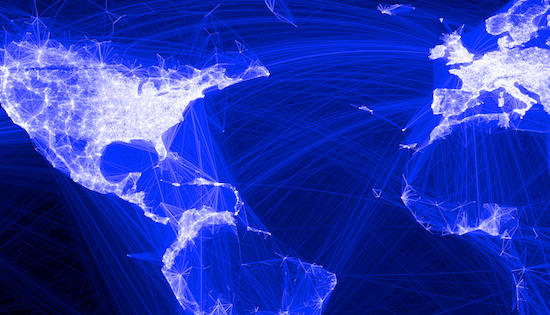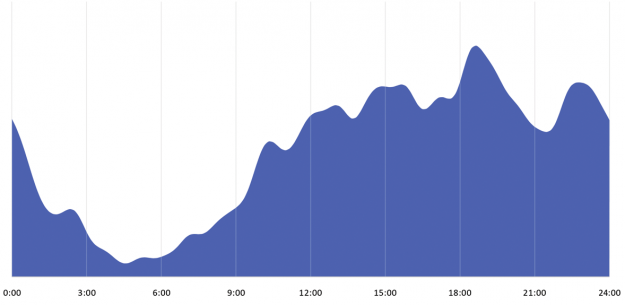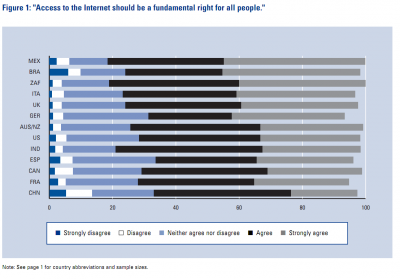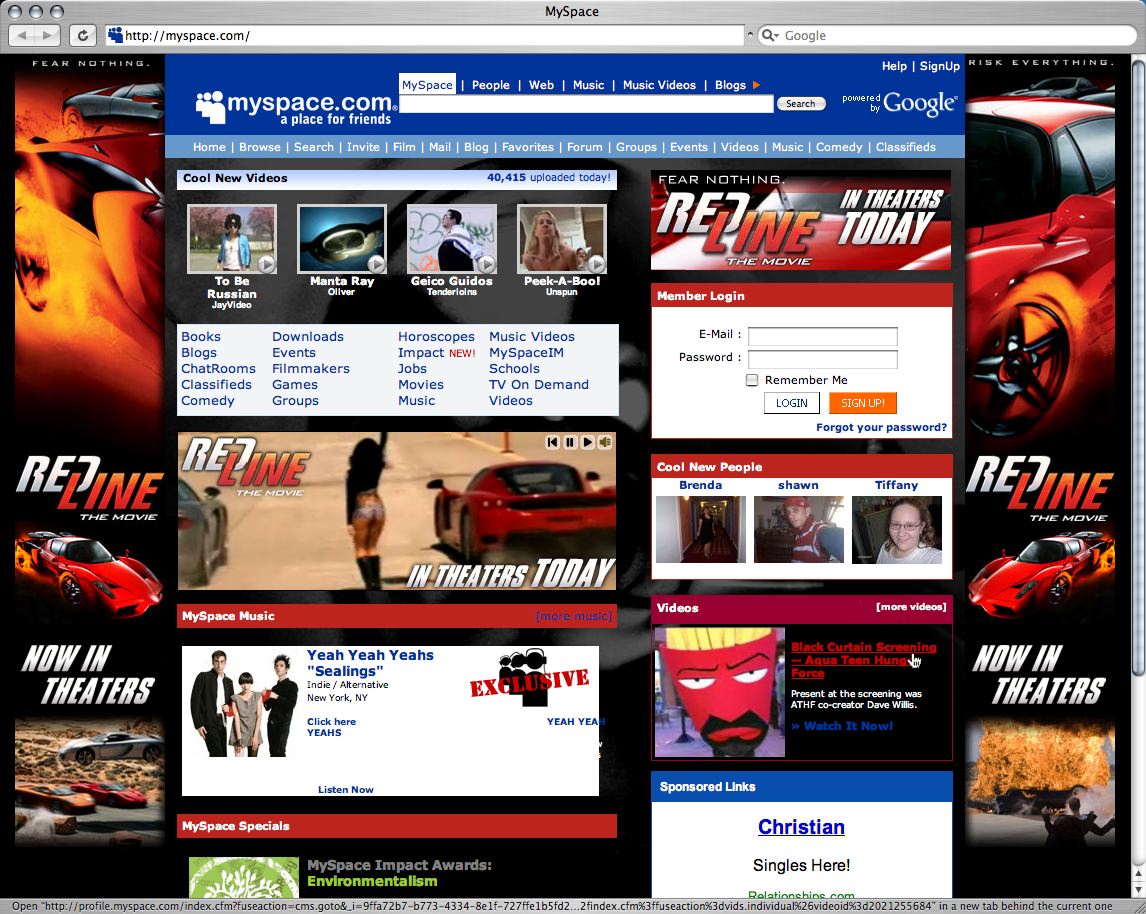Stephen Tippins in the American Conservative takes the Facebook/social media critique in the direction of “gender performance” in a way I hadn’t ever heard before:
Of particular concern for conservatives in the onslaught of social technology is its effect on masculinity; for modern man is not man in any real sense of the word. He is gender neutral and void of all chivalrous notions, save for vestiges in door-holding and table manners.
Tippins’ main point seems to be that Facebook encourages a weak, banal form of social connection that is characterized by inane gossip and narcissistic examinations of the self and others. He lays this at the feet of the feminist movement:
The feminist movement was consummated at least two generations ago, but the aggression continues. Eventually, the post-feminist woman, believing that she epitomizes equality and choice, will assimilate all men into her collective, until we all resemble either the metrosexual…. or the spineless runts that these women dominate at home.
The problematic feminist critique aside (you can just as easily say that women have been made “masculine” by the feminist movement if you wanted to go down the essentialist road), the implication is that being “networked” on Facebook or other forms of social media is akin to “being assimilated…into her collective.” A “real man” is not able to be captured by the network, but stands apart from it (see John Gault in the Fountainhead).
While I disagree with the author’s reduction of the possible ways of “being a man” to an essentialist choice between either John Wayne or a spineless runt, I’m intrigued by this idea of Facebook as being inherently feminist). Social Bakers has a great run down on gender differences in Facebook use. They find that there are more women than men on Facebook:

but more importantly women post more and disclose more about themselves:

According to feminist standpoint theory, women disclose more on Facebook because of different “cognitive styles” that result from the different “standpoints” of men and women in a patriarchal society.
The masculine cognitive style is abstract, theoretical, disembodied, emotionally detached, analytical, deductive, quantitative, atomistic, and oriented toward values of control or domination. The feminine cognitive style is concrete, practical, embodied, emotionally engaged, synthetic, intuitive, qualitative, relational, and oriented toward values of care.
If Facebook is about disclosure and connection with intimate and semi-intimate others, then it would seem to be more appealing to those who care about and are able to cultivate relationships (e.g. those who can “emotionally engage” and are “embodied” and “oriented towards values of care”). I haven’t thought about it too deeply, but I’d suggest that if the outcome of men joining Facebook is to have them adopt more “feminine qualities” then that’s all the better for society (trust me, there are still plenty of models of hypermasculinity out there for anyone who wants to find them). Personally, I think we’d be better off with more “integrated” men and women that cultivated the virtuous qualities of both the “masculine” and the “feminine.”
I’d really be interested in what others think about this.










